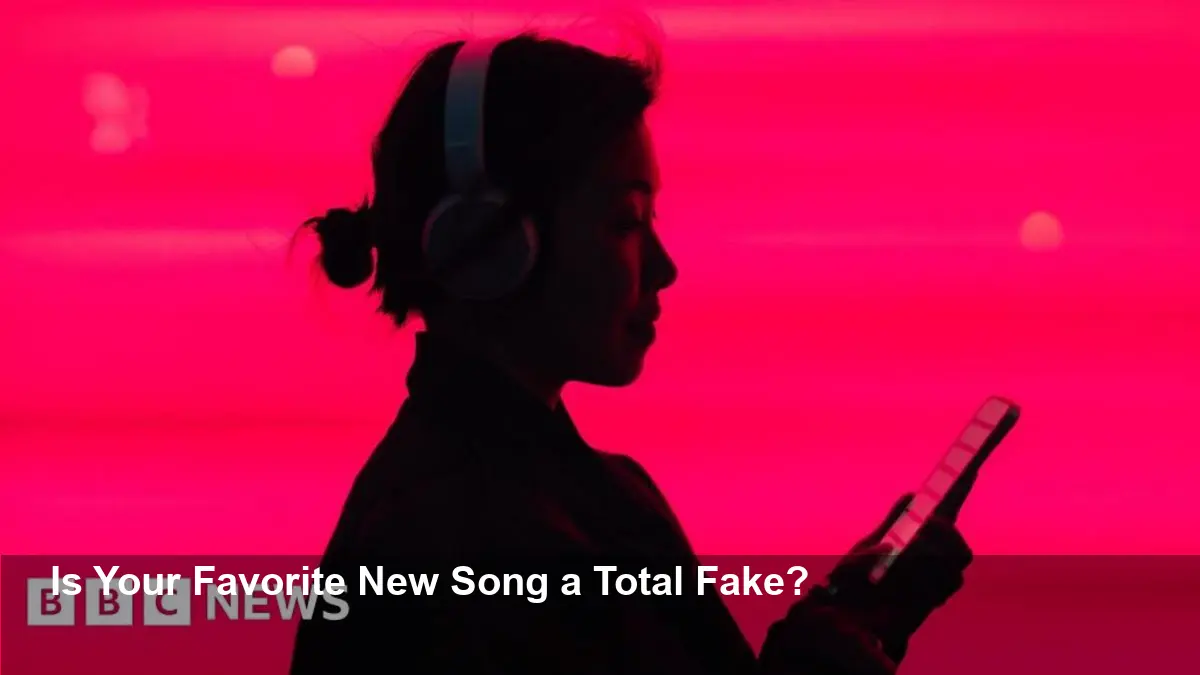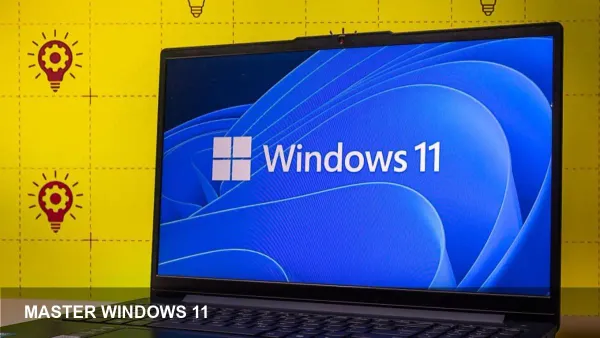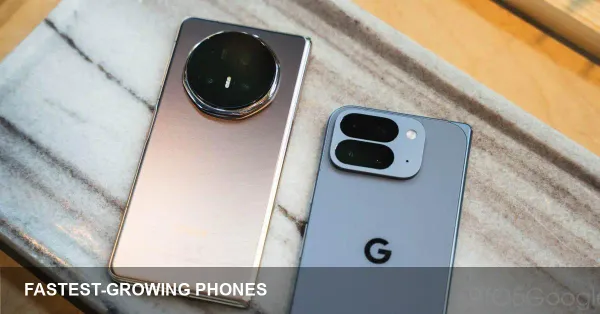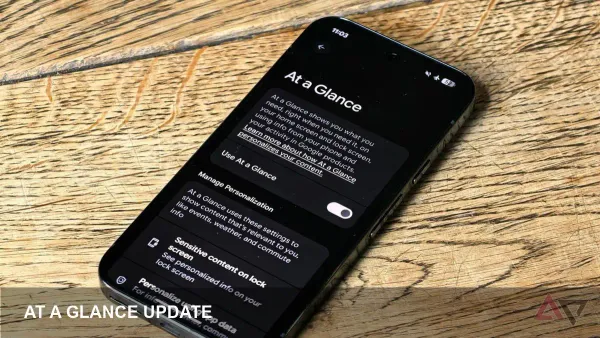AI Music Deception: Is Your Playlist a Fake?

Key Highlights
- A shocking survey suggests 97% of listeners cannot distinguish AI-generated music from tracks made by human artists.
- Experts reveal key signs of AI music, including a lack of social media presence, emotionless vocals, and impossibly high production output.
- Streaming giants like Deezer and Spotify are now forced to implement tools to tag or filter the flood of AI "slop" on their platforms.
- A critical debate is growing: does the origin of music matter if listeners enjoy the final product?
The Hidden Invasion in Your Headphones
There’s a new song you can’t get out of your head, but what if its creator isn't a person at all? As artificial intelligence floods streaming platforms with music, a critical question emerges: are you being deceived? A recent survey revealed an alarming truth: 97% of people can't spot an AI-generated song, leaving millions listening to bots without a clue. While the technology is sophisticated, there are telltale signs that expose these digital ghosts.
How to Spot a Robot Rock Star
Experts warn that while it's getting harder, certain clues can give away an AI's involvement. Paying attention to these details can help you separate human artistry from machine-made mimicry.
The Ghost Artist Phenomenon
One of the biggest red flags is an artist's lack of a real-world footprint. Last summer, the band The Velvet Sundown went viral after being accused of being AI-generated. They had no record label, a minimal social media presence, and had released two full albums just weeks apart—an unrealistic feat for a new human band. Further suspicion arose from their airbrushed photos, lack of live performances, and absence of any interviews. If you can't find concert photos, fan reviews, or personal social media accounts, you might be listening to a synthetic creation.
Soulless, Formulaic, and Too Perfect
Beyond the artist's identity, the music itself often lacks a human touch. Tony Rigg, a music industry advisor, notes that "AI hasn't felt heartbreak yet… It knows patterns." This results in several giveaways:
- Emotionless Vocals: The delivery often feels breathless or flat, lacking the subtle strain and emotion of a human singer.
- Generic Structure: AI songs tend to follow rigid verse-chorus formulas and often lack a satisfying conclusion. -Perfectly Wrong Lyrics: While grammatically correct, AI lyrics can feel generic or nonsensical, missing the poetic license and beautiful imperfections found in human songwriting.
- Flawless Production: Often, the sound is too polished, missing the minor flaws and organic variances that give music character. You might also hear "ghost" harmonies that appear and disappear randomly.
Streaming Platforms Scramble to Respond
The sheer volume of AI music, often dubbed "slop," has put streaming services on high alert. Deezer recently launched an AI detection tool and was shocked to find that 34% of new content uploaded to its platform—around 50,000 tracks a day—was fully AI-generated. The platform has begun tagging AI music to provide transparency.
Similarly, Spotify announced it will roll out a new spam filter to identify and sideline AI-generated tracks, having already removed over 75 million spam songs in the past year. The company is also supporting a system that allows artists to include metadata disclosing how AI was used in their creative process.
The Ultimate Question: Does It Matter?
While some listeners feel betrayed by AI-generated artists, others argue that if the music is enjoyable, its origin is irrelevant. Some established artists are even embracing AI as a creative tool. Imogen Heap, for example, openly released a song featuring "ai.Mogen," an AI model trained on her own voice.
However, with hundreds of musicians protesting the use of their work to train AI models, the ethical debate is far from over. As technology speaker LJ Rich puts it, "If the music makes the hairs on the back of your neck go up, does it matter if an AI wrote it or not?" For now, the choice to listen—or not—may depend on your ability to spot the difference.





